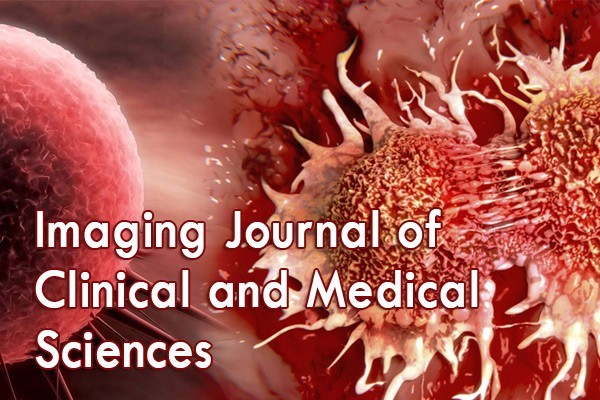The financial crisis has a dramatic impact on social life, since reduced or even non-existent incomes affect people's well-being and push big parts of the population to poverty.
Identification of Combinatorial Drugs that Synergistically Kill both Eribulin-Sensitive and Eribulin-Insensitive Tumor Cells
Eribulin sensitivity was examined in a panel of twenty-five human cancer cell lines representing a variety of tumor types, with a preponderance of breast and lung cancer cell lines. As expected, the cell lines vary in sensitivity to eribulin at clinically relevant concentrations.
Thyroid cancer (TC) is the most common endocrine malignancy and its incidence hasbeen increasing sharply since the mid-1990s [1]. TC is a general term that comprises two main groups of neoplasias, depending on the cell type affected by the malignant transformation.
Novel Strategies to Improve Rituximab Efficacy in Non-Hodgkin's Lymphomas
Non-Hodgkin's lymphomas (NHLs) are the second fastest growing cancer in terms of incidence and deaths in the United States and Europe. NHLs are a heterogeneous cancer group including several haematological neoplasias with different degree of aggressiveness. In spite of the progresses, conventional therapies do not ensure long-term survival [1].
Genetic Polymorphisms and Cisplatin- Related Nephrotoxicity
Abstract: Cisplatin is one of the most widely applied antineoplastic agents used to treat different types of solid tumours. However, its use is limited by serious side- effects including nephrotoxicity. Cisplatin accumulates in proximal tubule and forms nephrotoxins that causes proximal cell injury and thereby leads to nephrotoxicity. Cisplatin enters these proximal cells by organic transporter molecules (OCT). Genetic polymorphism of these molecules and other membrane transport proteins that regulate cisplatin accumulation may influence cisplatin- related nephrotoxic outcome.











